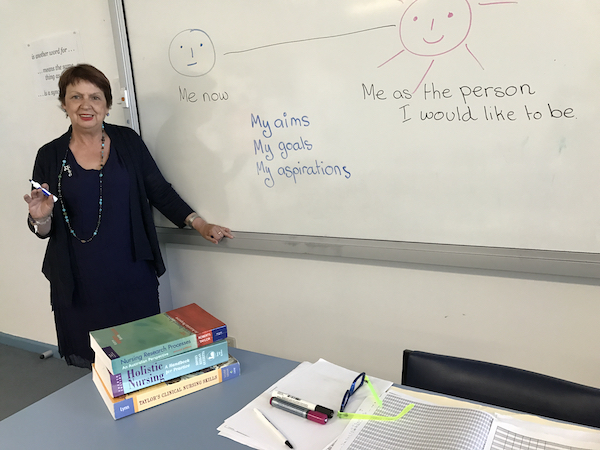
Could adult education help students follow their bliss?
In the last two decades, a lot has changed in adult education.
Today, most students enrolled in courses not so much for aesthetic reasons as, for example, the love for literature or music, but rather to develop new or further enhance existing work skills.
There is a definite reason for developing those skills. It can further enhance one’s chances of getting a job or maintaining employability.
Adult education aims to enable students to build those work skills and develop self-efficacy and become self-directed learners who can adapt to the changing needs of their work situation.
it is believed that the average person will have between three and seven career changes in their lifetime.
Such changes may be due to necessity, such as redundancy or illness. Other people may leave because their present job no longer fulfils their needs or values. Circumstances can change, and people grow. What might have been applicable at one time might no longer be suitable.
What is essential, now in adult education, is to allow the student to develop the self-confidence and determination to follow what Joseph Campbell calls your bliss, also commonly known as following your heart. A vocation is an inner force that propels us to pursue a particular career or occupation.
When the vocation aligns with one’s aspirations, there is purpose and meaning in life.
In my job as a teacher, I impart technical skills and enable students to have the confidence to follow their dreams and heart.
Even though their job situation may change, they will need the courage to follow their bliss and achieve their purpose. As Campbell writes, “There is perhaps nothing worse than reaching the top of the ladder and discovering that you are on the wrong wall.”
Shared on LinkedIn Profile, Facebook, Google, Twitter


